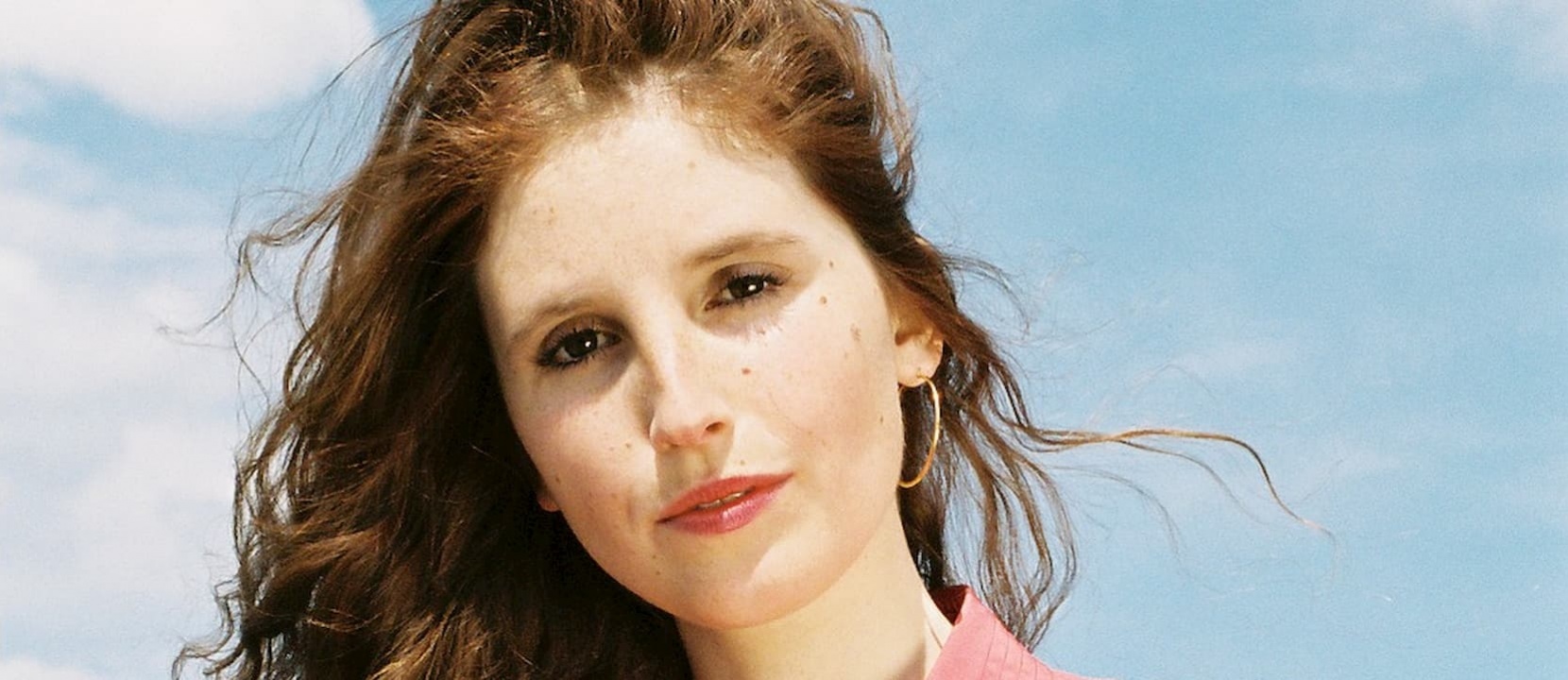You call your productions 'arachnical' forms of theatre. What do you mean by that?
Houbrechts: “I borrowed the term from the writer Anna Luyten, whom I once heard speaking about 'arachnical thinking' – a mode of thought in which everything is interwoven, like in a spider's web. In my productions, words, images and music are interwoven in a poetic logic, and each medium has the same value. This desire to be busy with more than just 'pure' drama is something I already had when I was in school [the KASK school of arts & conservatory in Ghent]. People from the music and visual arts departments were also there, and I wanted to include all those exciting forms and impressions in my own work. That led to the establishment of Kuiperskaai, a collective of four artists who each contributed their own inspiration. Our shows back then were very ‘big’ as a matter of course. Besides that, I like to write stories with deep roots. So, after Kuiperskaai stopped, P.U.L.S. was an ideal laboratory for me to find out whether my work indeed functioned best on a large stage.”
That assumption has been confirmed.
Houbrechts: “Yes. Apart from the conceptual project match, I absolutely love the possibilities of such a big theatre. Some directors hate having to make decisions long beforehand; they would rather work things out on stage. Personally, I find it liberating to have already decided on the music or the scenography two years ahead of time. Then what the machinery of such a large hall demands in response to that is very clear. That gives me peace of mind.”
What’s remarkable is that your shows are indeed epic in scope, but at the same time have something very intimate about them. As a director, you zoom in on small personal details.
Houbrechts: “There is always a 'dramaturgy of the small' running through the big stories. I can be very moved by a detail or a bizarre fact within a broader historical situation. Like in Bruegel, which is based on the painting De Dulle Griet (Mad Meg). Everyone looks at Griet as a symbol of war, but I was particularly moved by that Adam's apple, those big feet – which put me on the track of her fluid gender identity. I tried to connect her personal tragedy with world history.”
You also seem inclined to relate to the major discourses, like the gender movement, in a personal way.
Houbrechts: “I have a lot of respect for the people who explicitly take up those themes, but I can’t lie in theatre: I follow my heart, I make my work and I am convinced that, in my own way, I offer an answer. I often think back to my conversations with Alain Platel, with whom I had the opportunity to work during the P.U.L.S. trajectory. He has always maintained an investigative attitude, based on a great softness, towards social issues. He doesn’t place himself in the centre of a debate, but incorporates the debate in his work.”
In general, in recent years you yourself seem to have been searching for softness, I would almost say spirituality.
Houbrechts: “That’s true, I think. The years with Kuiperskaai were fantastic, but those shows were wild, almost violent. Today there’s much more solitude in my life, in a nice way, because it also leaves room for more reflection. For example, I love to travel alone. The landscapes I travel through often make a deep impression on me, raise questions about the meaning of things and beauty, make me feel humble. I hope my shows can also be a kind of 'landscape' through which the spectator travels.”
What’s also striking is the increasing importance of live music: in Bruegel, for instance, and especially in I Silenti, where you worked with composer Fabrizio Cassol and Roma legend Tcha Limberger.
Houbrechts: “The music has acquired a more supportive role, but at the same time it has also become softer, more refined. With Bruegel, I fell under the spell of Byzantine chants; for I Silenti, we worked with Monteverdi's madrigals. Music succeeds in evoking a dimension that is hard to match with text. My next production is about the impact of the Roman Catholic Church on its members, so I am using the St John Passion. The singing will play a crucial narrative role in the story.”
In that production, Vake Poes, of hoe god verdween (Grandpa Puss; or how God disappeared) we will see surprising combinations of people on stage, such as performance artist Pieter Ampe and dyed-in-the-wool actor Elsie de Brauw.
Houbrechts: “There isn’t a clever strategy behind this, I don’t think in 'profiles'. I follow my intuition. But I do like to bring people together who rarely enter each other's worlds. In doing so, I sometimes collide with sensitivities and obstacles, but for me, that aspect – dealing with the differences between performers – is part of the artistic work. I also find it exciting. You always put your heart in the midst of a group like that.”
Vake Poes will be a co-production between Toneelhuis and La Geste [the new merger of Les ballets C de la B and kabinet K, from Ghent]. Can you tell us more about it?
Houbrechts: “Vake Poes is a story that starts in the 1940s and spans three generations. A grandfather, a father and a daughter each have to deal with sexual abuse. In the case of the grandfather and father, this leads to Jesus being nailed to the cross again – this is where the St John Passion, which of course describes that, comes into play. In the case of the third generation, the granddaughter, despite her experiences of abuse she searches for a new form of spirituality, of rituality. It’s indeed a dark story, but the chain of violence is broken in the end. For me, that’s an important message of hope.”
interview by Evelyne Coussens




